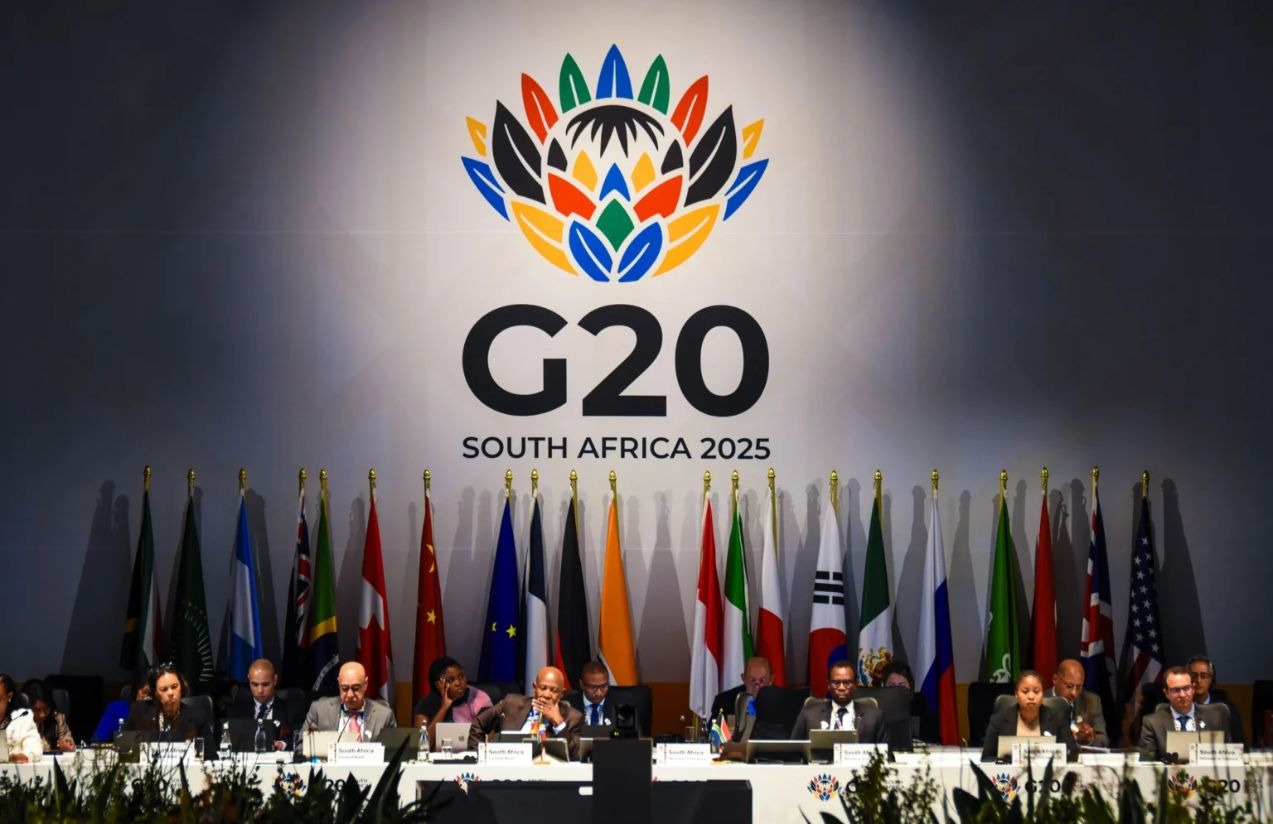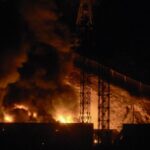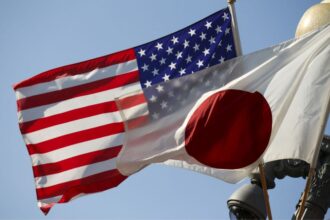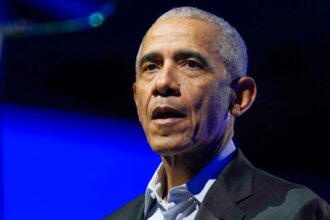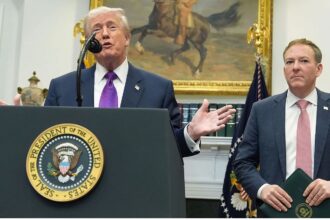Today, the G20 summit kicked off in South Africa, but this edition already begins with key absences, most notably that of the United States, which is not attending the event, weakening its diplomatic impact. Meanwhile, the peace agreement proposed for Ukraine, still at war with Russia, has become the main focus of attention and controversy.
The pact, introduced by several G20 countries, seeks a ceasefire and a mechanism to support Ukraine’s reconstruction, but it has sparked tensions. Some participants celebrate it as a historic step toward stability, while others criticize it for not sufficiently addressing Russia’s responsibility or guaranteeing long-term security.
Read More

In addition, the absence of the United States adds a layer of uncertainty. Without the economic and political weight of the superpower, the summit will rely heavily on how the remaining countries negotiate their positions and commitments.
How significant is the absence of this major power at such a highly anticipated event?
It is highly significant. Without the U.S., the summit loses part of its traditional influence. Collective leadership falls more heavily on other global powers, and the outcome of the Ukraine peace agreement may depend on stronger diplomatic commitments from the countries that did attend.


